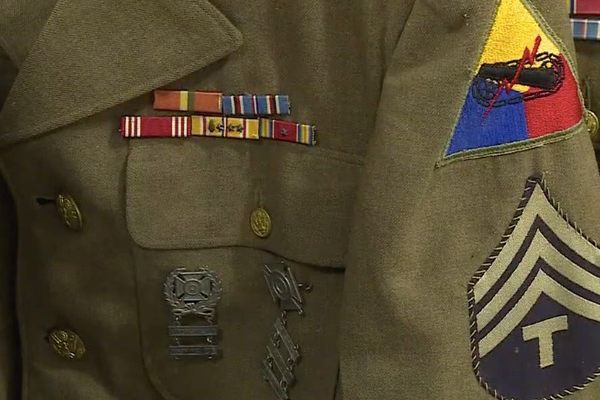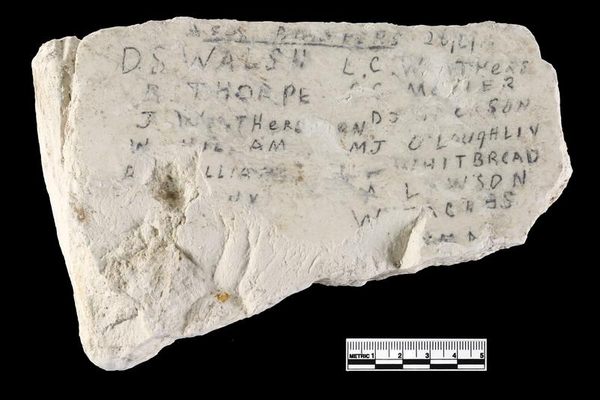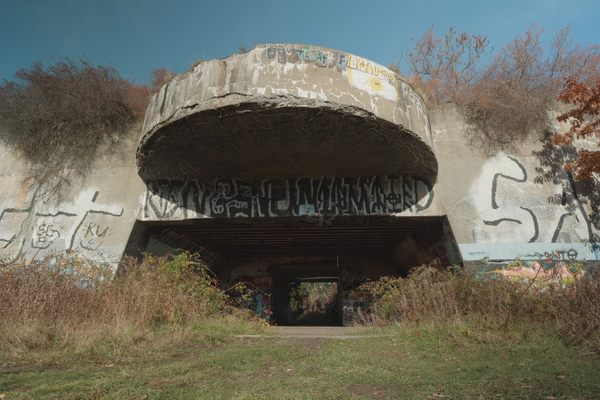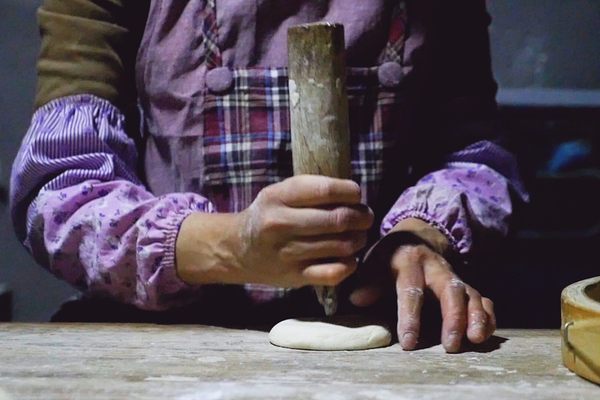Found: Antoine de Saint-Exupéry’s Press Pass for the Spanish Civil War
An amateur historian discovered it in Toledo.

Saint-Exupéry in 1942. (Photo: Public domain)
In the 1930s, European writers who believed in the possibility of a revolution came to Spain, where the leftist republican fighters were fighting against Franco’s Nationalists. Among the famous correspondents—Ernest Hemingway was covering the war for American newspapers, George Orwell joined the republican army to see the war firsthand—was Antoine de Saint-Exupéry.
Saint-Exupéry had not yet written The Little Prince, but he had gained some literary fame for his accounts of his adventures in aviation. In 1937, he was working for Paris-Soir, a French newspaper, to cover the war. He was 36.
In June, the Guardian reports, Saint-Exupéry’s press pass, issued by the propaganda bureau for the republican side of the war, turned up for the first time in decades. It had not been stored with the press documents of other luminary journalists; Polisario Sánchez, an amateur historian, found it in a small village in Toledo while he was researching civil war cinema.
Saint-Exupery’s Spanish civil war press pass found https://t.co/dSVFTc6FxD pic.twitter.com/DoFlGbw5zl
— FRANCE 24 (@FRANCE24) July 5, 2016
The pass reveals a few details of Saint-Exupéry’s stint as a war correspondent. He identified himself not just as a writer, but also an aviator. Like many of war correspondents, he stayed at Madrid’s Hotel Florida.
At one key moment, though, Saint-Exupéry left this document behind. As Maria Popova writes at Brain Pickings, he was once apprehended by rebel forces, who wanted to see his identity documents. He had left them at his hotel. Turned out, he didn’t need them, though:
As one of my guards was smoking, I asked him, by gesture, showing the vestige of a smile, if he would give me one. The man first stretched himself, slowly passed his hand across his brow, raised his eyes, no longer to my tie but to my face, and, to my great astonishment, he also attempted a smile. It was like the dawning of the day.
Every day, we highlight one newly found object, curiosity or wonder. Discover something amazing? Tell us about it! Send your finds to sarah.laskow@atlasobscura.com.















Follow us on Twitter to get the latest on the world's hidden wonders.
Like us on Facebook to get the latest on the world's hidden wonders.
Follow us on Twitter Like us on Facebook